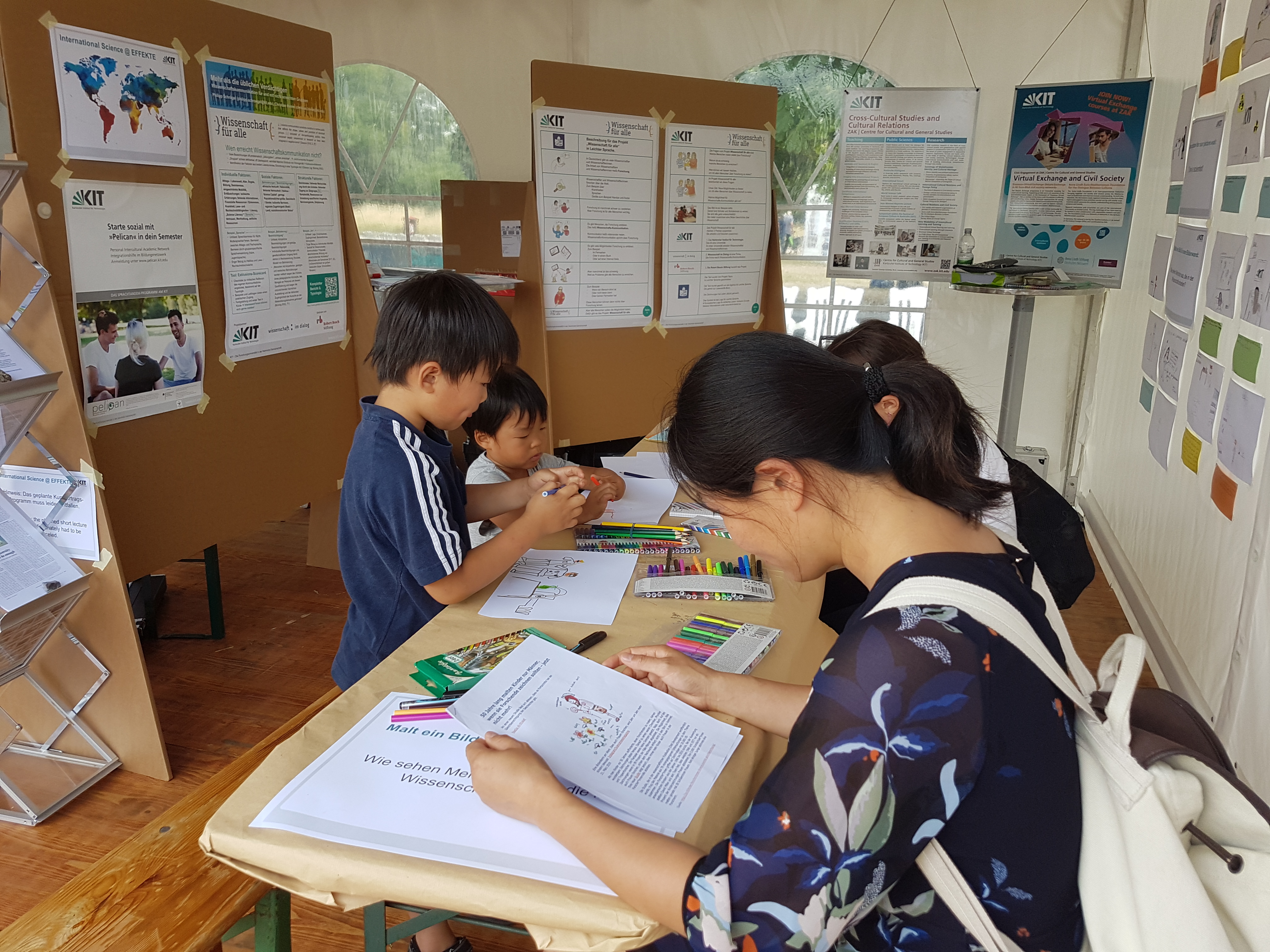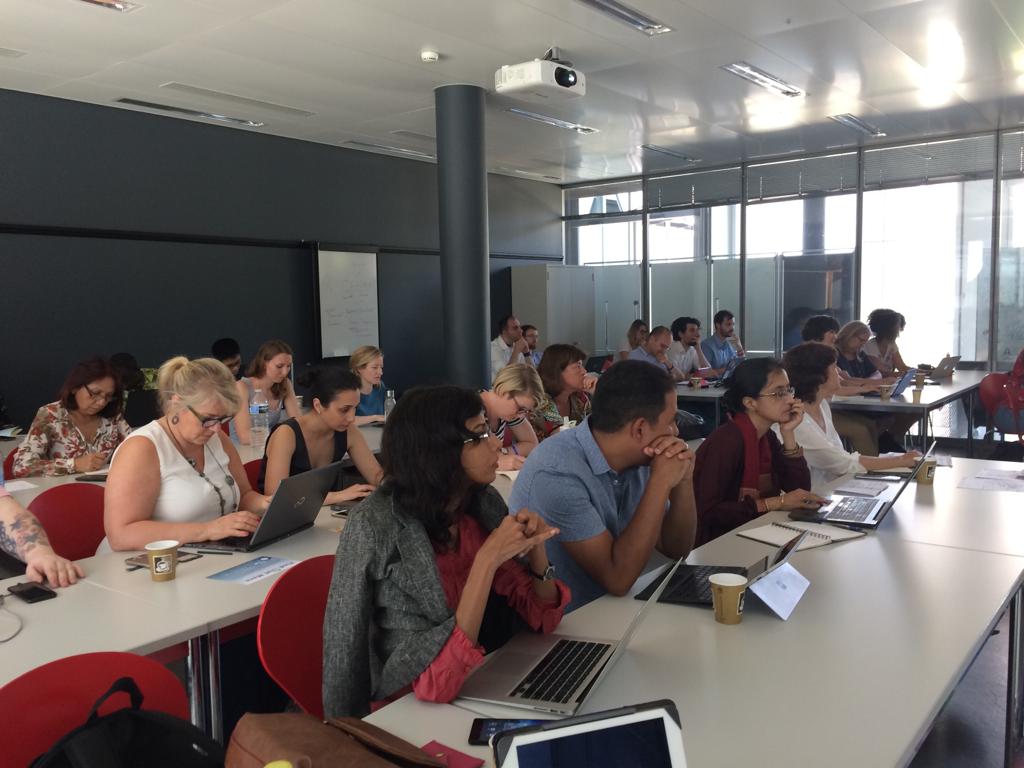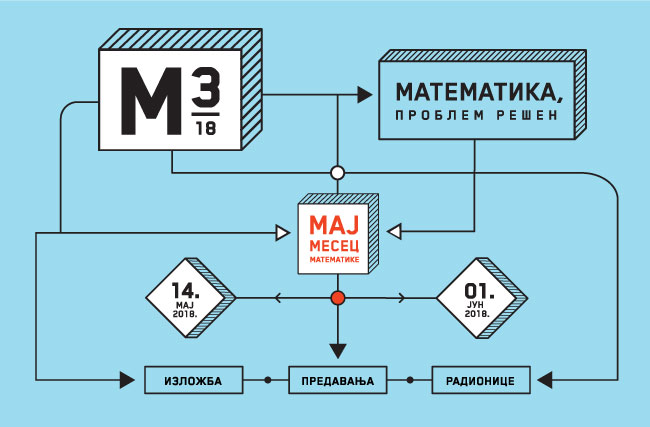Responsible Research and Innovation (RRI) is a European name, but the concept is international. This is a key consideration for the NUCLEUS project, which will begin implementing new RRI strategies at ten test beds, in nine countries, beginning November 2017.
As part of the preparation for this stage, the University of Twente has led an RRI cultural adaptation study focused on China and South Africa as case studies. Drawing on interviews and a range of materials including academic literature, policy documents, reports, news articles, and more, the goal of the study’s qualitative approach was to enrich NUCLEUS’ understanding of RRI policies and practices by looking at non-European environments.
Though China and South Africa may not use the name “Responsible Research and Innovation” specifically, the case studies found that both countries have a variety of national policies that support responsible innovation.

“Innovation is really important in the national policies of both countries,” says Anne Dijkstra, Assistant Professor of Science Communication (University of Twente), who conducted the study with project partners Mirjam Schuijff (University of Twente), Yin Lin (CRISP), and Shadrack Mkansi (SAASTA). “They see innovation as an important means to stimulate economic development.”
Asked if the motivation is purely financial, though, Dijkstra disagrees. “Because innovation is so important to them, they also view it as necessary that everyone profits from it. It’s becoming clearer now that taking into account and responding responsibly to important issues in society is necessary.”
The study also found that each culture emphasised different aspects of RRI in their relevant policies – like a musical theme and variations. The Chinese concept focuses, amongst other aspects, on science education and the social responsibilities of researchers; in South Africa, also, equal access to knowledge and inclusivity were important.

For example, indigenous knowledge of natural resources or healthcare may have valuable contributions to society, despite not being traditional academic scholarship. To support this, the South African Department of Science and Technology has an Indigenous Knowledge Systems policy, which facilitates collaborations between indigenous peoples, researchers and industry.
While the process is still complicated, Dijkstra says that the issue of ownership under this policy is handled differently from Europe’s patent culture. “What is interesting in South Africa is the appreciation for indigenous knowledge,” says Dijkstra. “It recognises that the scientific system can use the knowledge, but companies should not just take it away.”
The findings from the case studies will be integrated in the project’s RRI Roadmap, a set of guidelines for implementing RRI in university test beds beginning in November 2017. This opportunity to strengthen the science-society relationship is what motivates Dijkstra in her work. “In science communication,” she says, “often the focus is on the role of the public and its misunderstanding of science. I think, in this project, it is very good that we are focused on how researchers respond to the needs of society: how they can work towards a trusting relationship, and what they can do.”
Want to know more? Read the Cultural Adaptation Report online, or download it from our Resources page. And to make sure you don’t miss any updates, follow NUCLEUS on Facebook and Twitter!


